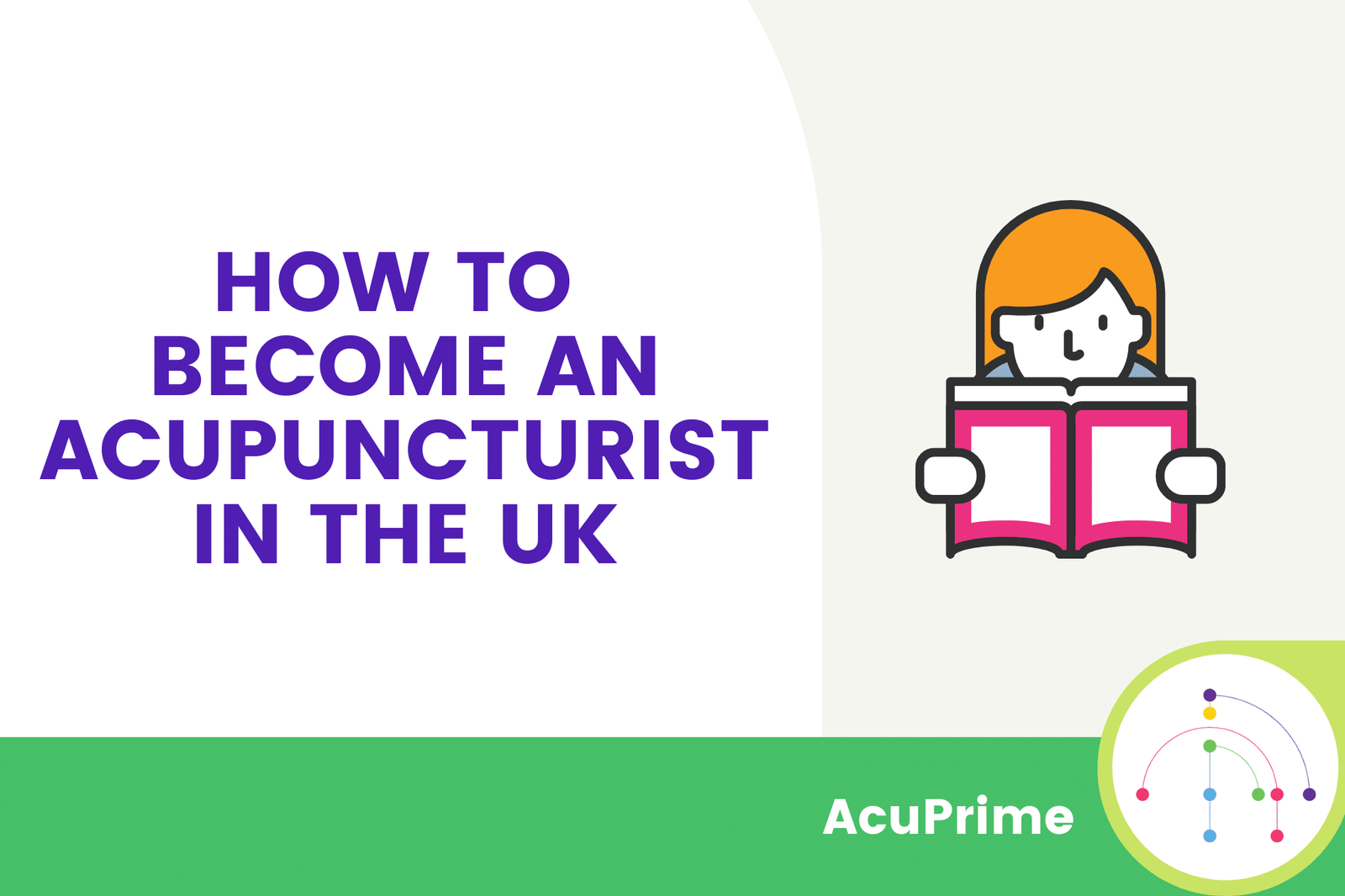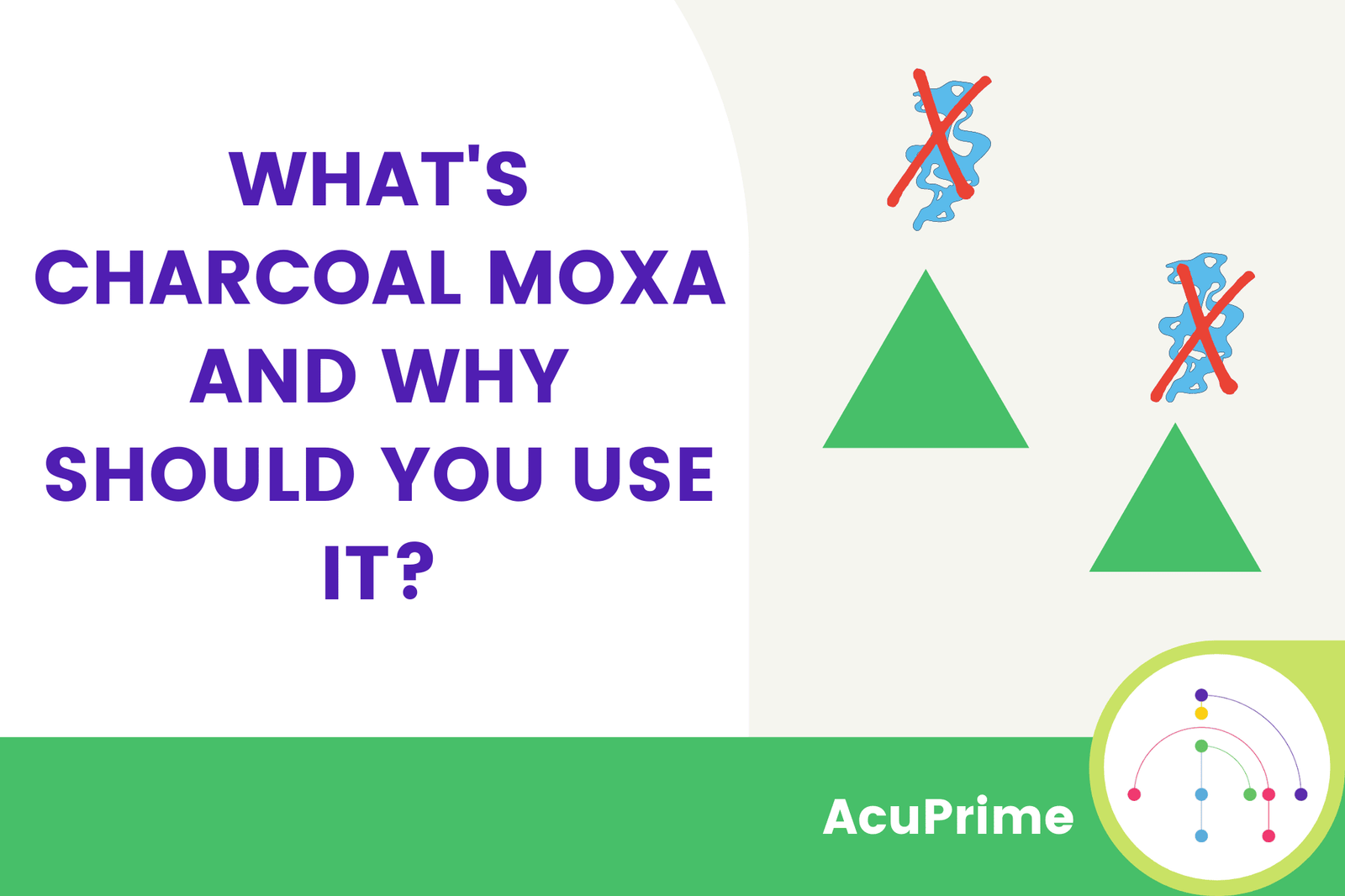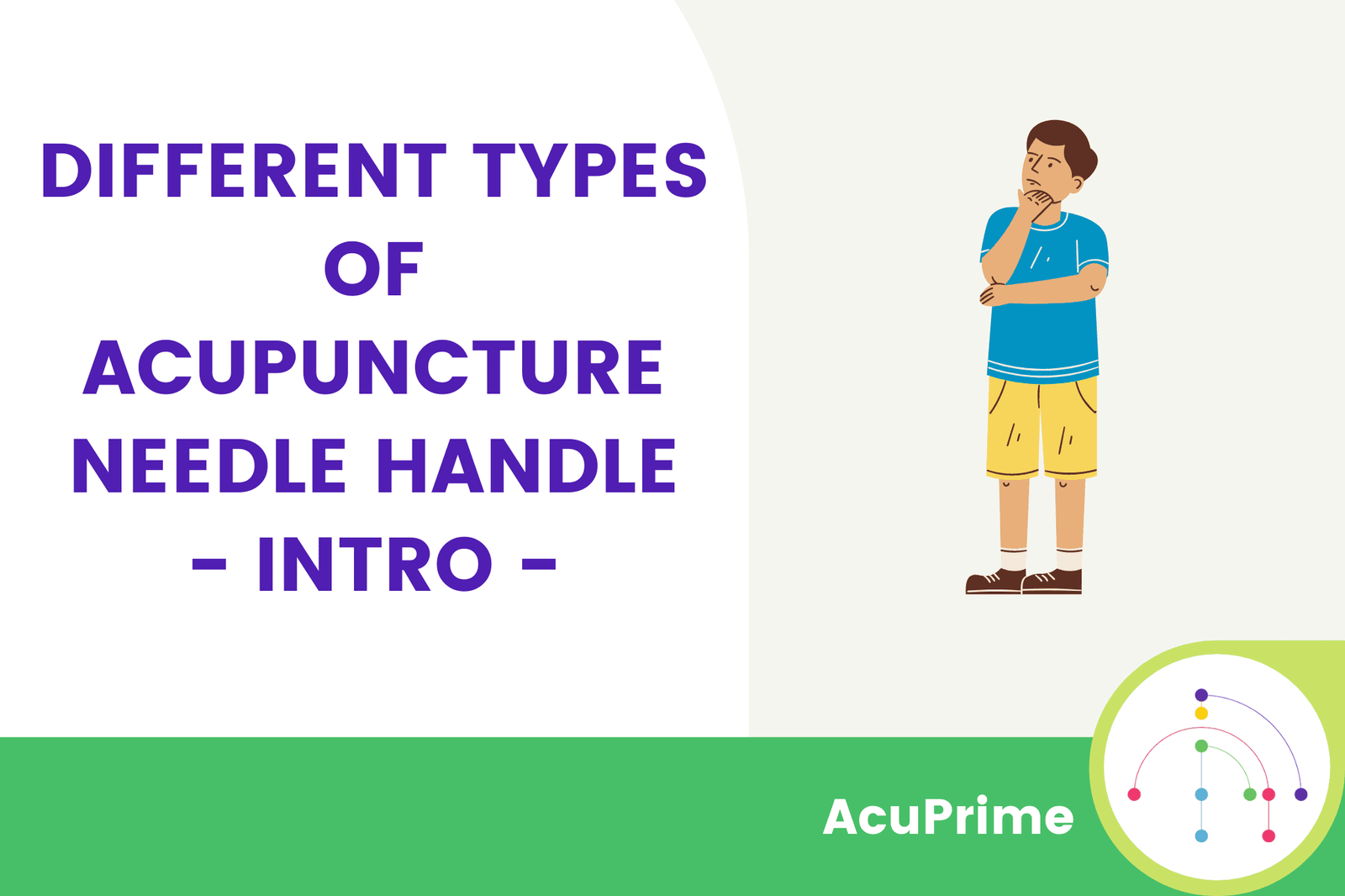Are you considering training to become an acupuncturist? Perhaps you’re already a healthcare provider such as a physiotherapist, looking to branch out and expand your practice.
With around 4 million acupuncture sessions taking place in the UK each year and its popularity on the rise, there has never been a better time to train as an acupuncturist. With the NHS recommending acupuncture for a variety of conditions and NICE recommending it for tension headaches and migraines, this traditional Chinese practice is more popular than ever.
Since acupuncture has gained a strong reputation as an effective form of complementary therapy, resources and training has become more widely available for those looking to practice in the UK. If you’re considering adding acupuncture to your skill set, read on to discover how you can train and practice.
What’s Involved in Being an Acupuncturist?
The majority of acupuncturists are self-employed and build up their own practices, often renting therapy rooms in existing healthcare clinics. Some complementary therapy clinics employ acupuncturists and the NHS is also an employer.
Being an acupuncturist takes a diverse skill set. From a good bedside manner and excellent interpersonal skills to business knowledge and marketing, being an acupuncturist is a varied job. If you already run a business in the healthcare space, you may well find that acupuncture slots easily into your existing practice.
As an acupuncturist, you’ll be paying close attention to the issues that your clients are having. From health backgrounds and lifestyle to current problems and expectations, it’s important to understand where acupuncture treatments can offer help.
As part of your training, you’ll learn how to use acupuncture needles to stimulate the multitude of acupoints all over the body to get the relief your client is looking for. There are several types of acupuncture practices in the UK, including Western and Traditional Chinese, giving you the scope to choose the school of teaching that most appeals to you.
To hear more about what goes into being an acupuncturist, check out these practitioner videos on the British Acupuncture Accreditation Board site. Or watch the video below!
Are Acupuncturists Regulated in the UK?
There is no law that says acupuncturists need to be regulated in the UK however, it is strongly advised that you train with an accredited provider and join one of the country’s professional acupuncture bodies.
The NHS recommends that patients seek out acupuncturists who are on the accredited register. The British Acupuncture Council is currently the only organisation which has gained accreditation from the Professional Standards Authority.
There are several professional acupuncture bodies though that require their members to reach certain standards. Not only will joining a professional body give your acupuncture practice the authority and professionalism that most clients will want, but you can access useful resources and support through these organisations.
How to Train as an Acupuncturist
Here’s a quick reality check; training as an acupuncturist is neither fast nor easy. This form of complementary therapy is highly complex and requires a serious time commitment to learn and become proficient in.
Typical acupuncturist training takes around three years and results in a diploma, undergraduate or postgraduate degree. Most accredited course providers offer flexible courses that allow you to undertake your studies on a part-time or full-time basis.
With some courses running on evenings and weekends, you can train as an acupuncturist alongside working part or full-time.
To decide which course suits you best, you should look at the membership requirements of the professional body which you would like to join during or after your training. They will offer guidance as to the appropriate training and the minimum requirements you need to fulfil.
If you’re already a healthcare practitioner subject to statutory regulation or with a professional body accredited by the Professional Standards Authority, you may be able to undertake training through the British Medical Acupuncture Society.
Governing Bodies
British Medical Acupuncture Society
The British Medical Acupuncture Society is open to members who are already statutory regulated healthcare professionals or members of a body accredited by the Professional Standards Authority.
They offer certificates and diplomas in acupuncture through their own courses run in London and Cheshire.
British Acupuncture Council (BAcC)
The British Acupuncture Council is a professional body accredited by the Professional Standards Authority which makes their members part of a professional register.
They accredit courses throughout the country and offer a free student affiliate membership to those studying on their accredited courses. You can gain BSc and MSc qualifications in acupuncture and their course listings give further advice on what each course will cover, including the weight they put on Traditional Chinese Medicine.
Association of Traditional Chinese Medicine & Acupuncture UK
The ATCM is a self-regulatory body that govern the practice of Traditional Chinese Medicine, including traditional acupuncture. They accredit a range of courses focusing on TCM acupuncture and you can choose from BSc, MSc and diploma courses.
British Acupuncture Federation (BAF)
The British Acupuncture Federation is an umbrella organisation of both traditional and Western acupuncture associations. The largest group of independent acupuncture organisations in the UK, you can find a wide variety of organisations through the federation with whom you can train. These include Total Therapy Training, whose courses are accredited by the Total Therapy Association.
How to Start an Acupuncture Practice
When you complete your training, you will usually be ready to start practicing as a professional acupuncturist.
While there is no statutory regulation, acupuncturists must register with their local authority as the discipline falls under ‘skin piercing’. In Greater London, the regulations differ and you may require a licence to practice.
During your training you will likely have pinned down the branch of acupuncture you’re most interested in practising and even conditions you might specialise in. It’s useful to know these things when you start your business as it’ll be helpful for marketing and understanding who your ideal client will be.
Choosing where you practice will be a huge decision. From visiting patients in their homes to renting a therapy room in an existing clinic, it’s best to create a business plan so you can factor in timescales and costs. If you already have a healthcare practice, you’ll need to work out how to fit your acupuncture services into your existing structure.
Of course, you can’t practise acupuncture without the tools! Luckily, acupuncture doesn’t require much in the way of start-up equipment.
Essential Acupuncture Equipment
The main essential equipment you’ll need for acupuncture is the needles. Needle type can be confusing but your training will include understanding the different lengths, thicknesses and types. If you’re confused about the differences in handles, you can read our guide on acupuncture needle handles!
Depending on your type of acupuncture practice, you may also need a treatment table. Of course, there’ll be other start-up necessities that might include scheduling and accounting software, computer equipment and reference books so it’s a good idea to work out what your individual practice will need.
Broaden Your Skillset by Becoming an Acupuncturist
Training to become an acupuncturist is a fantastic way to challenge yourself in a new role as well as expand an existing healthcare practice. But acupuncture takes time and dedication to learn.
For more advice and career guides, you can explore the professional body websites we’ve linked to throughout this article. You’ll find in-depth resources explaining what it takes to become an acupuncturist and the realities of the profession.
If you’re in need of acupuncture supplies, you can check out our range of high quality acupuncture needles.








